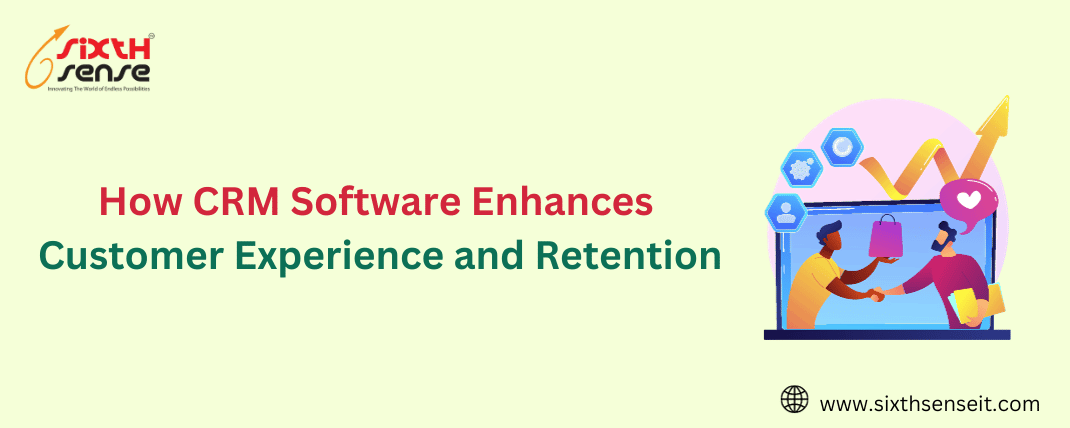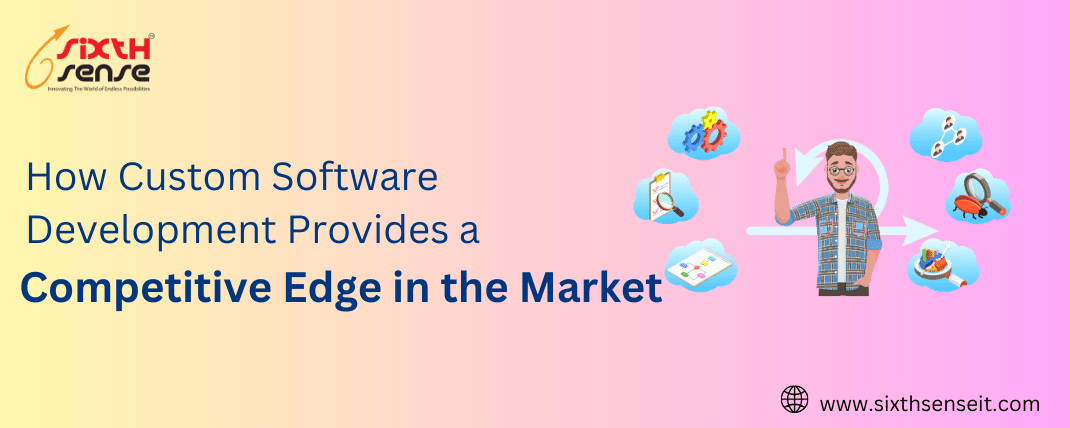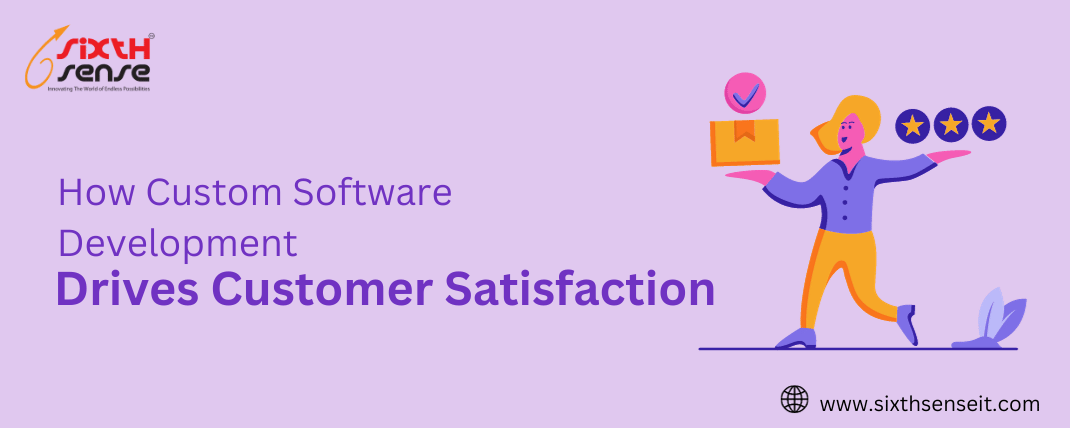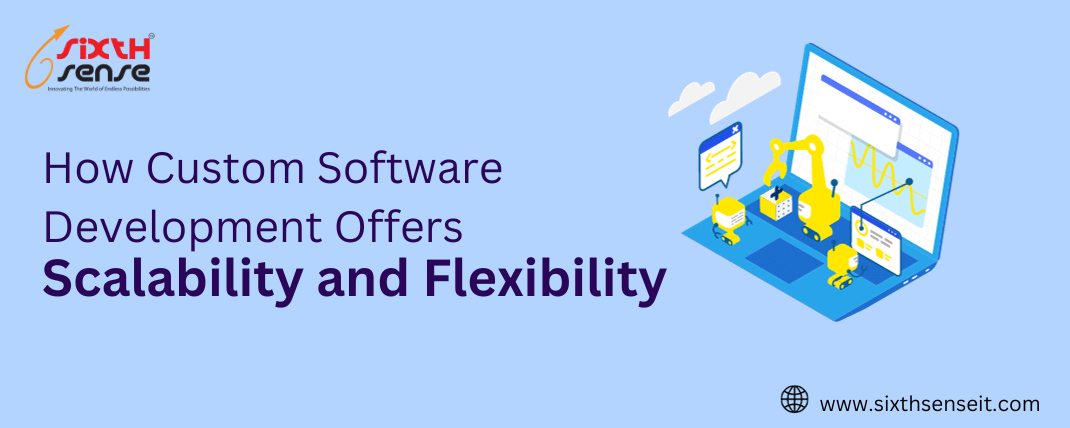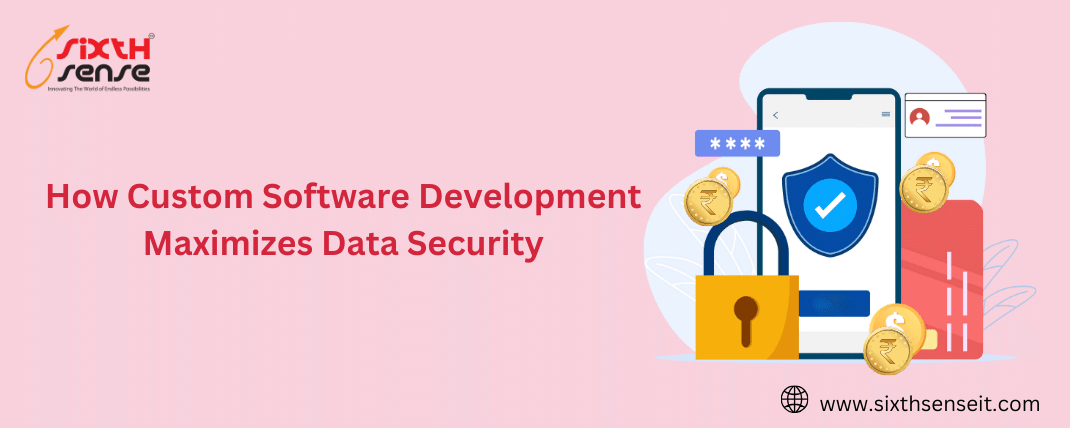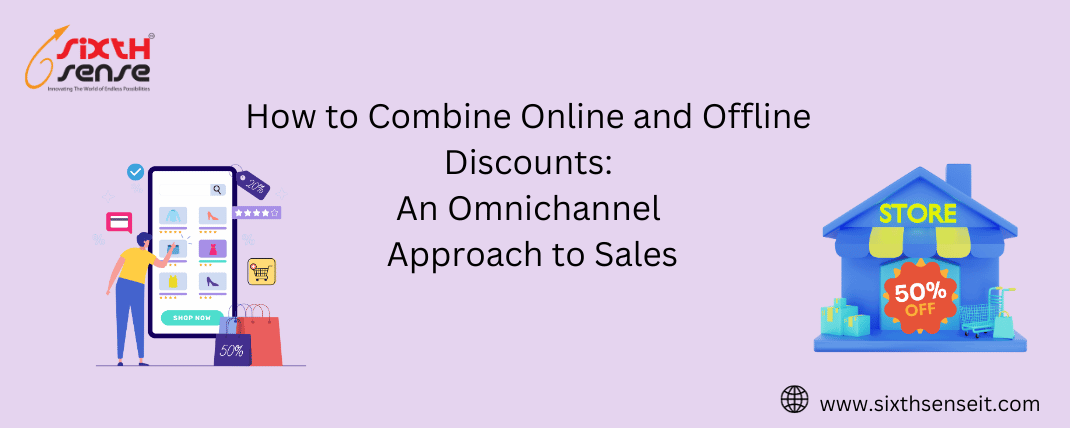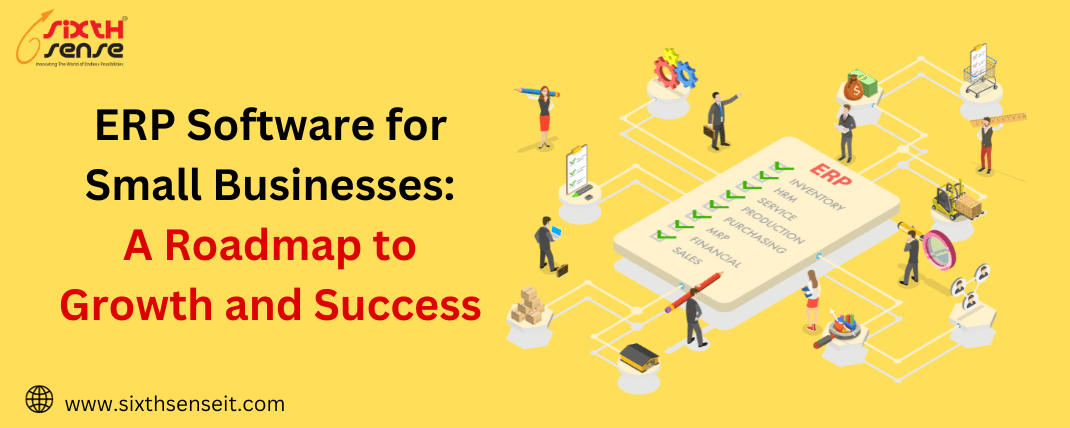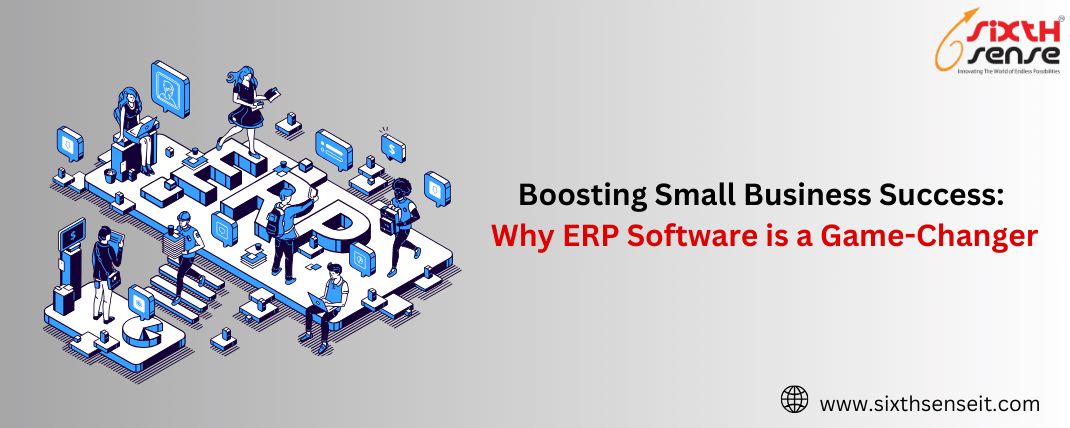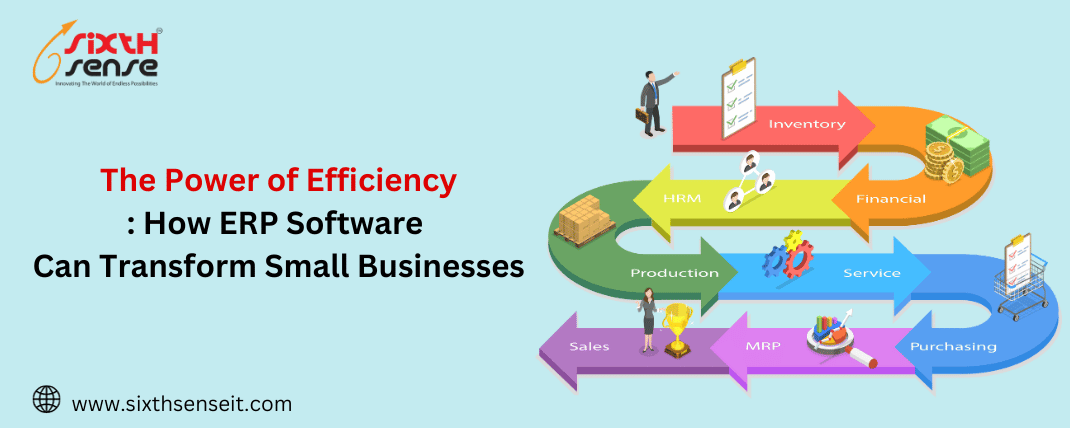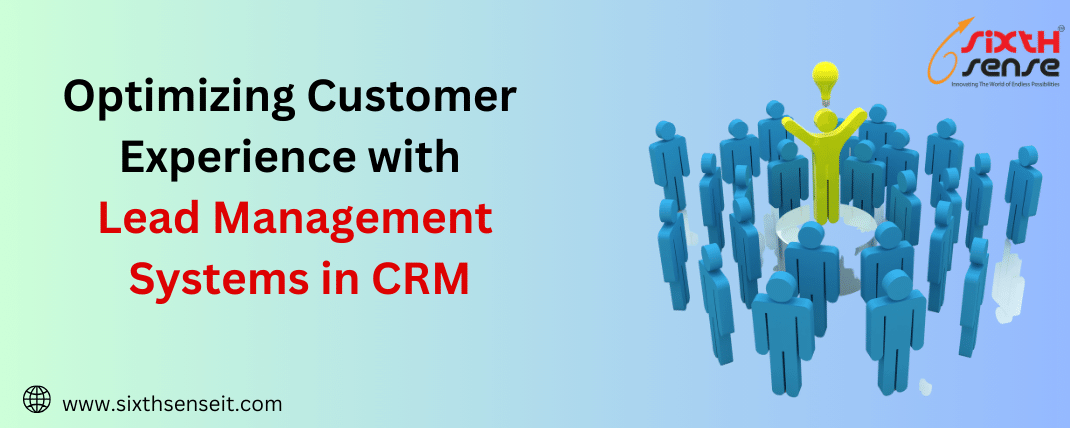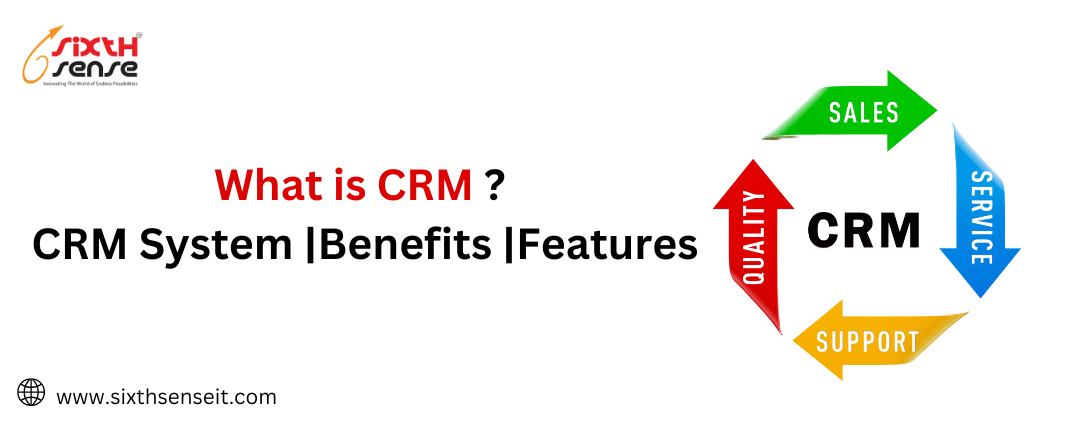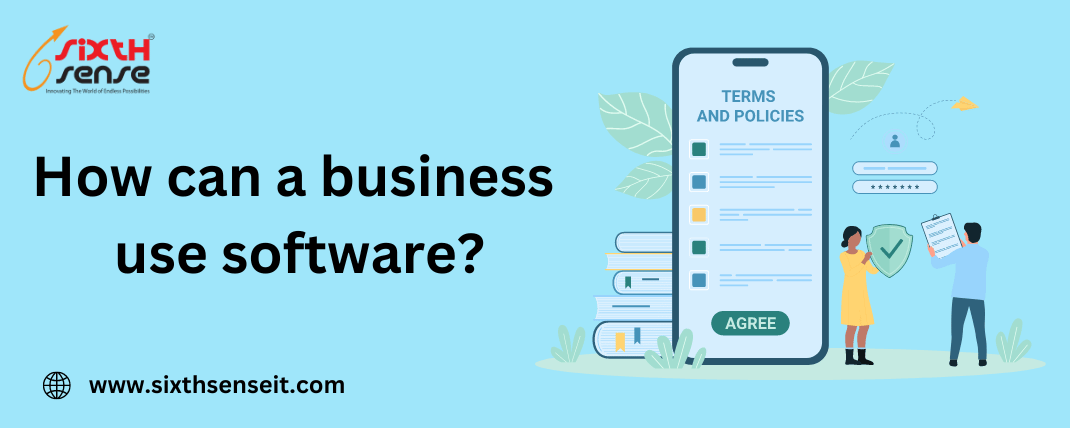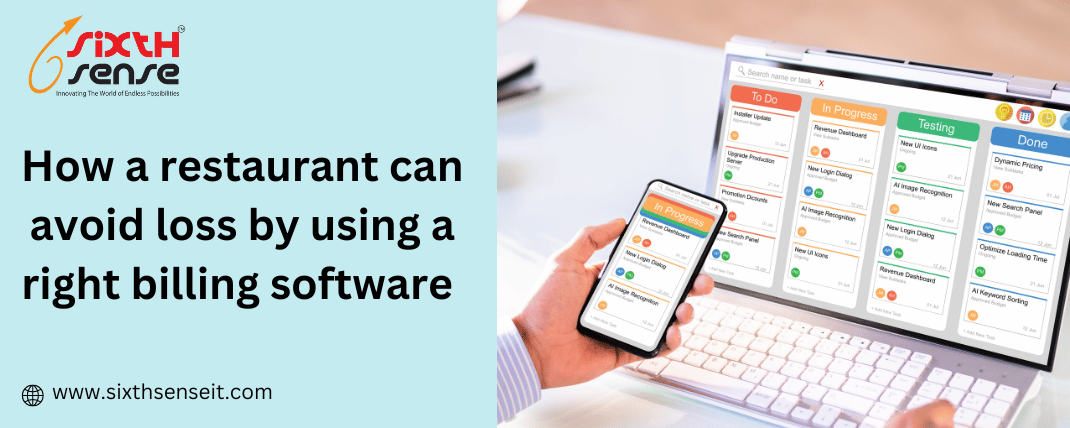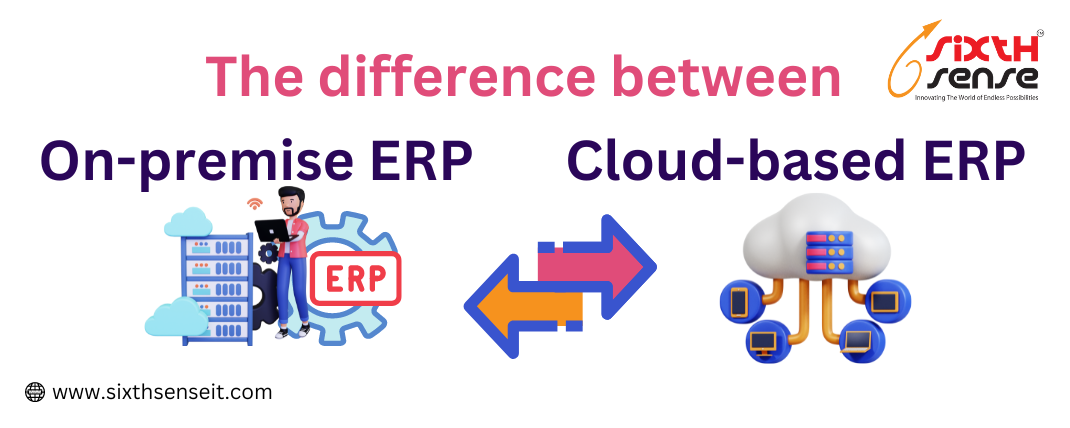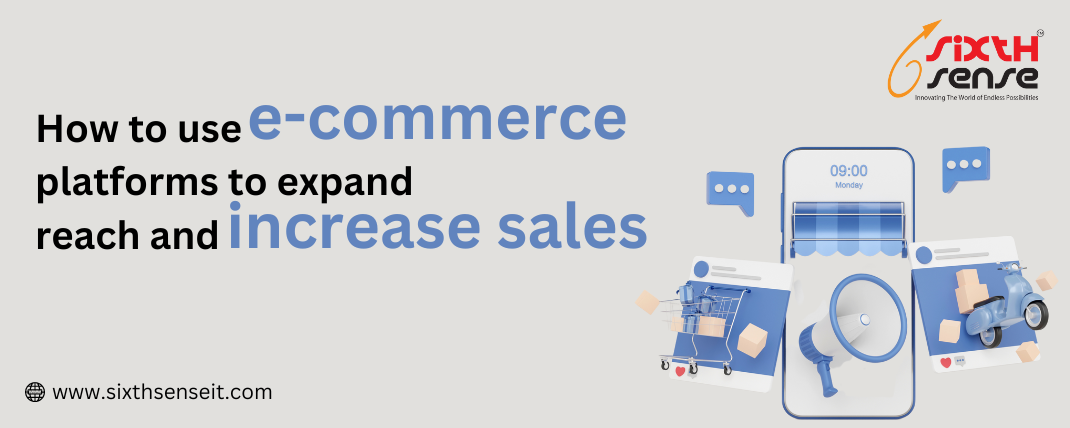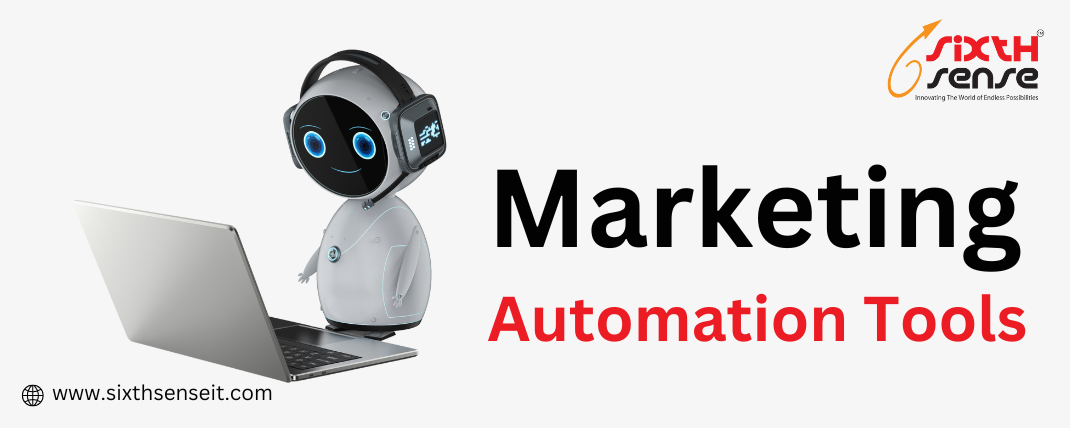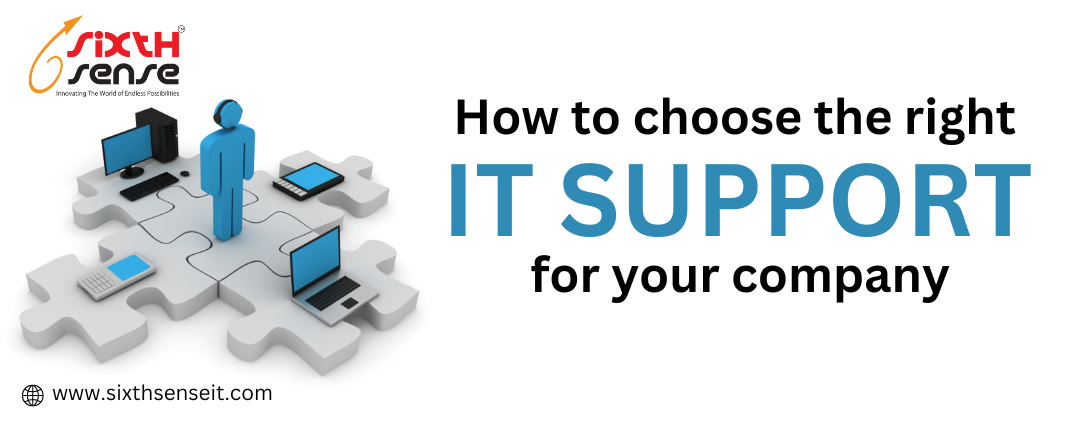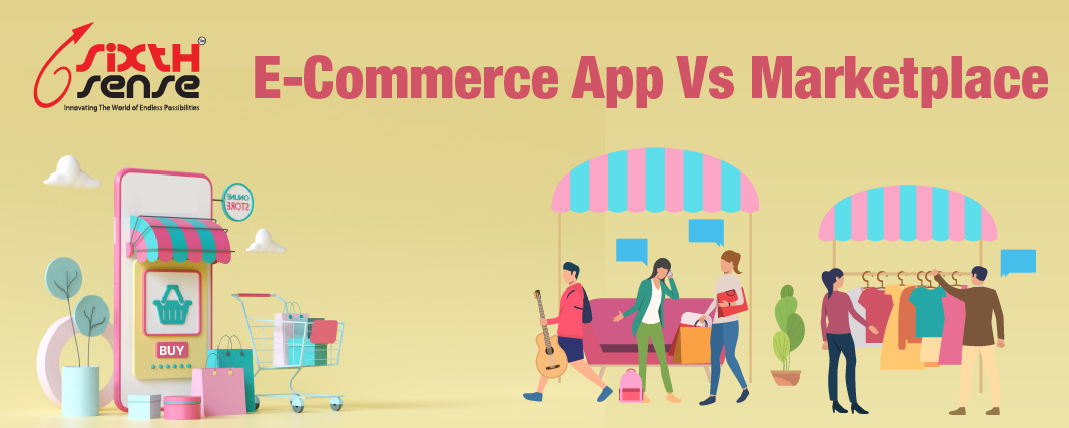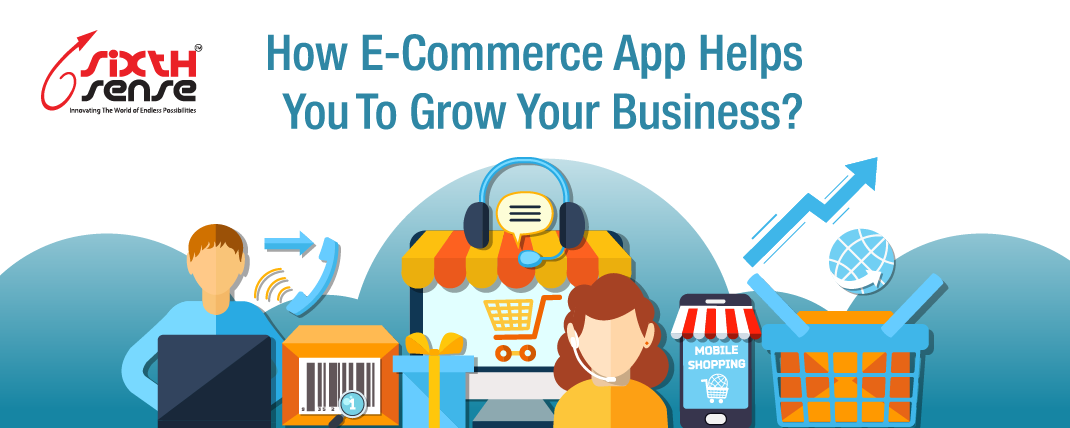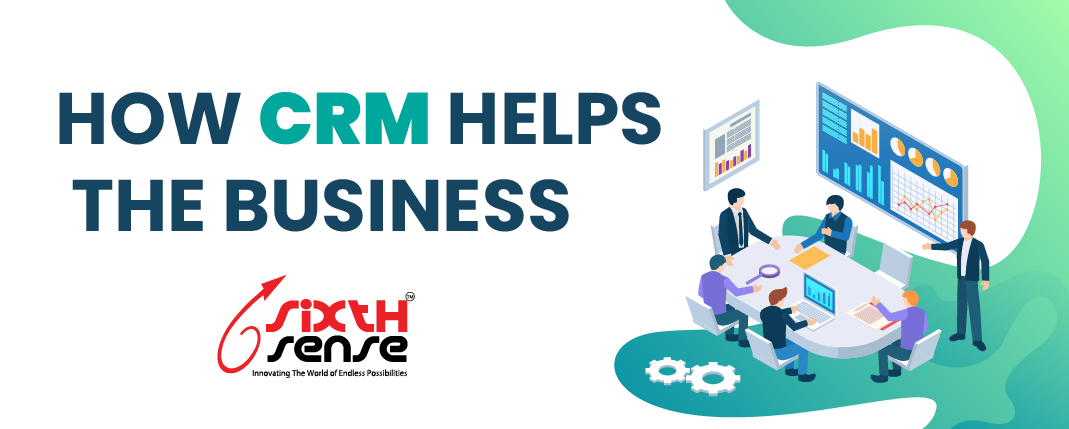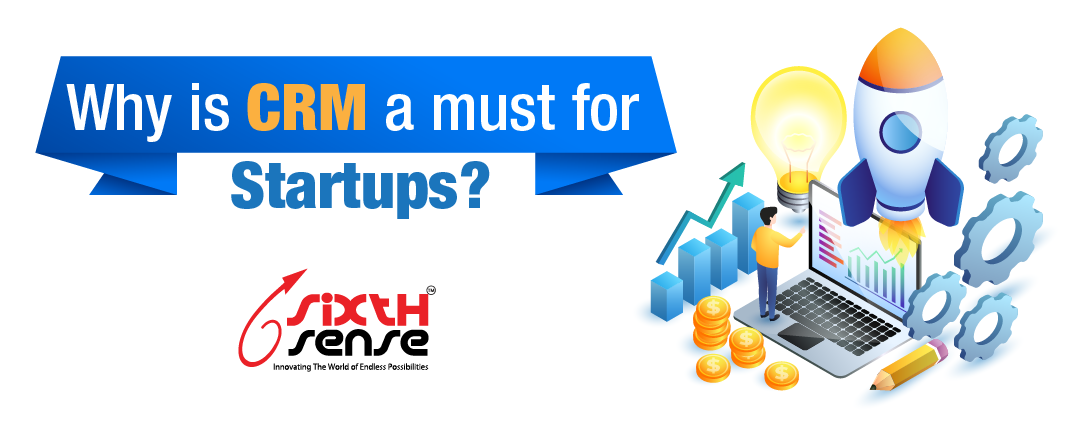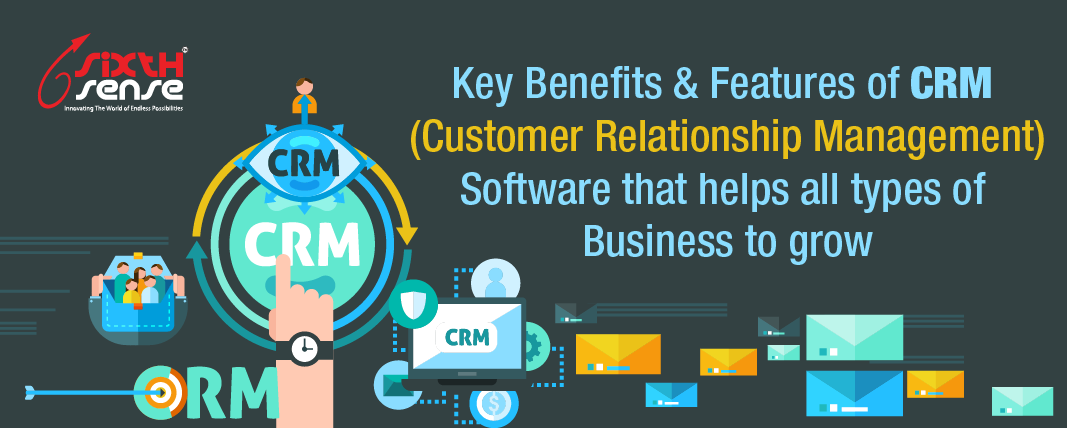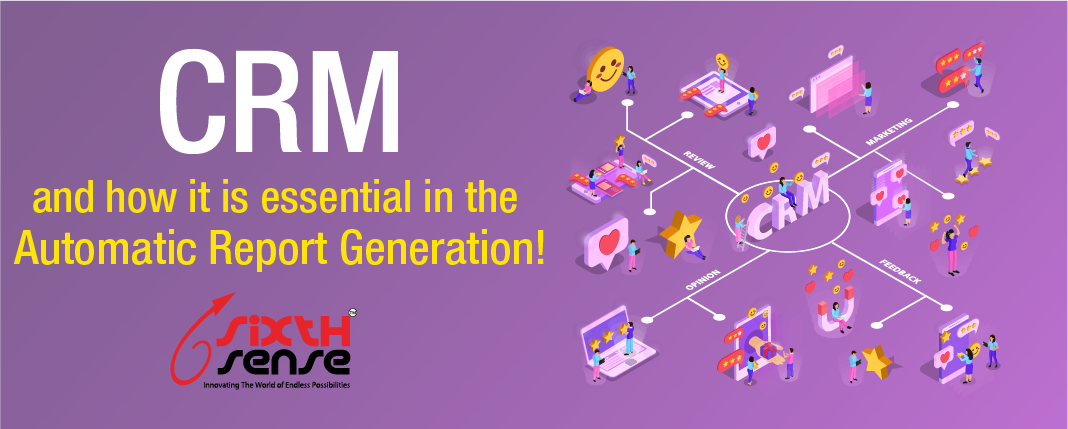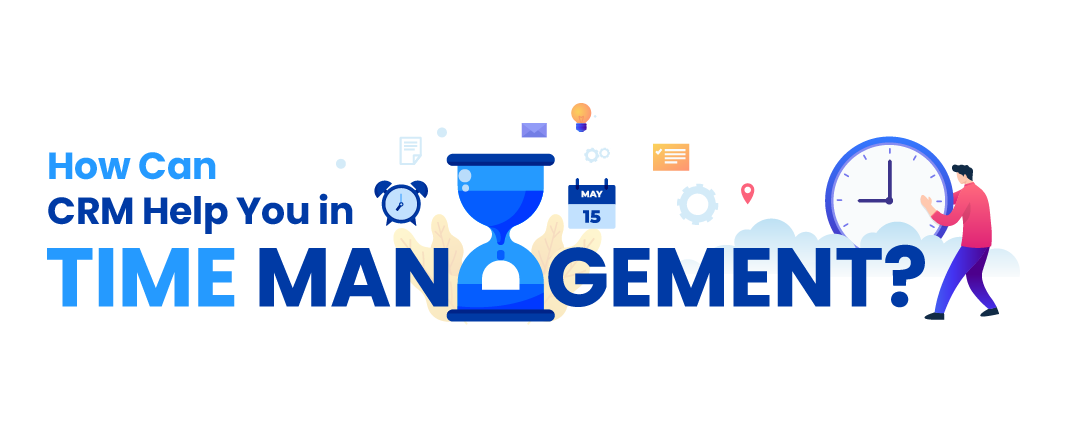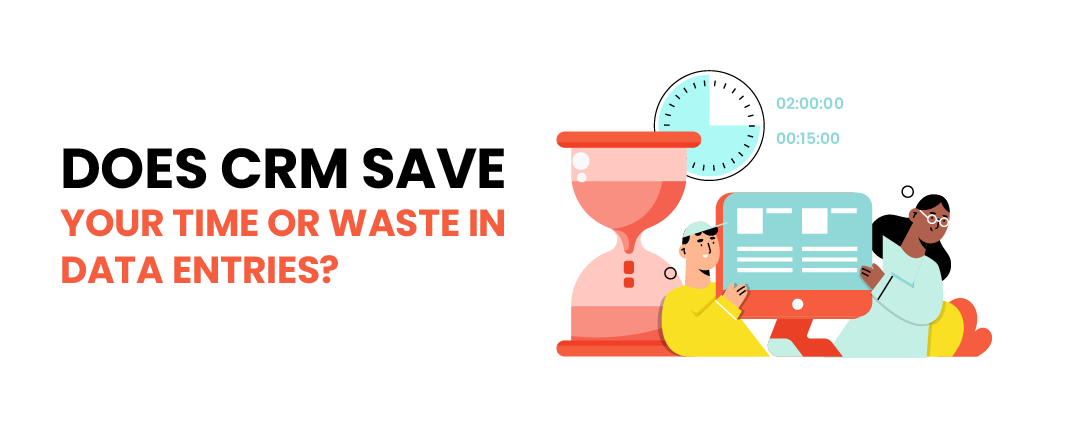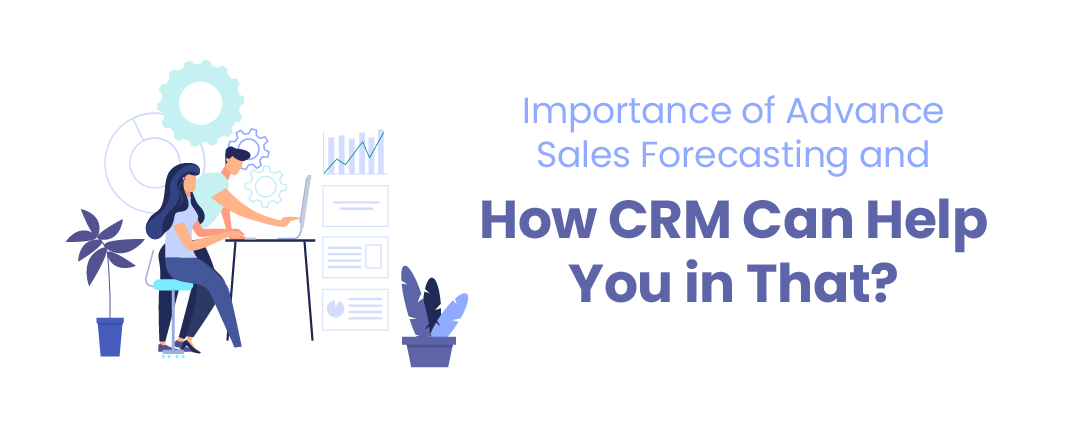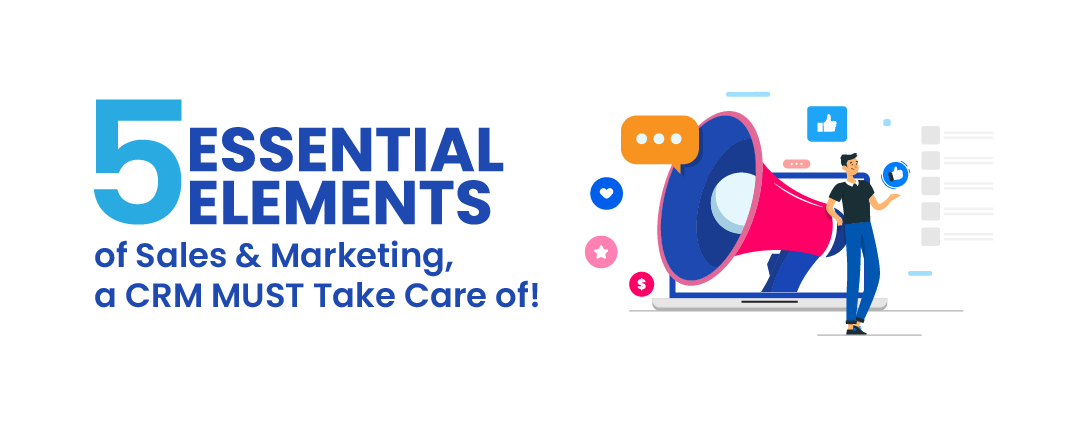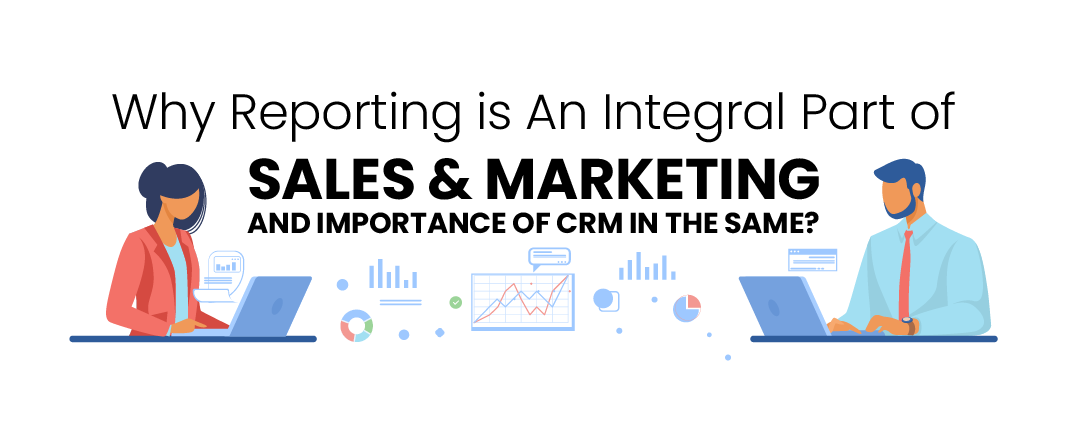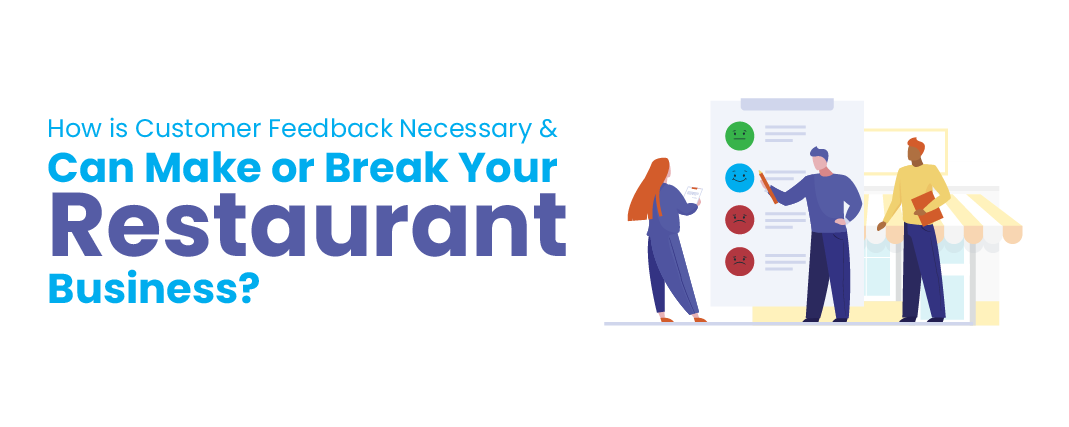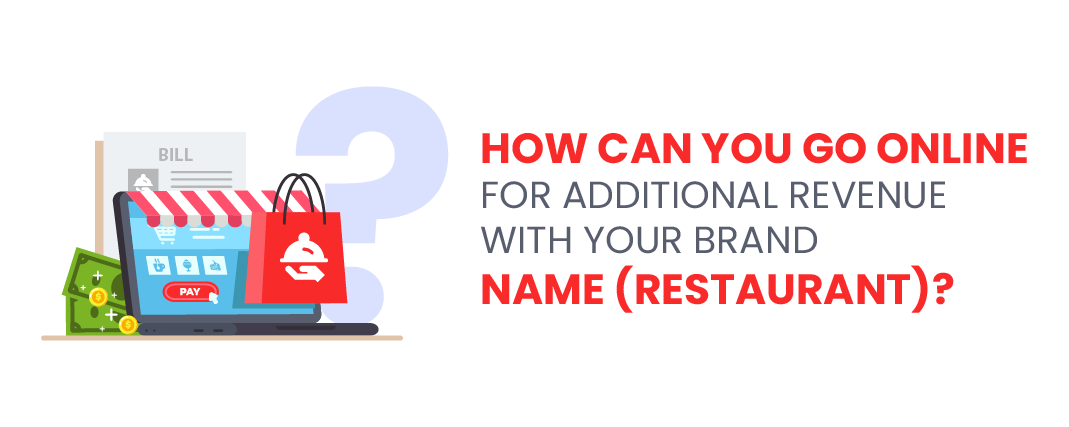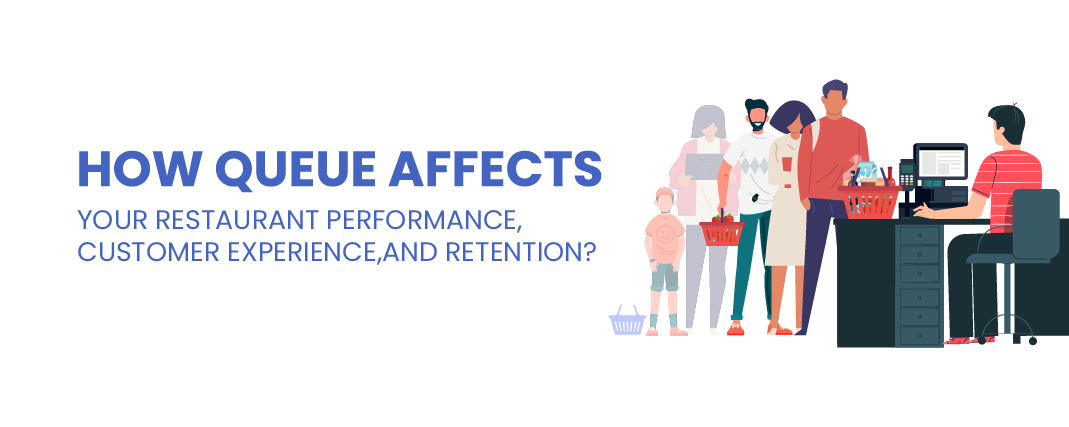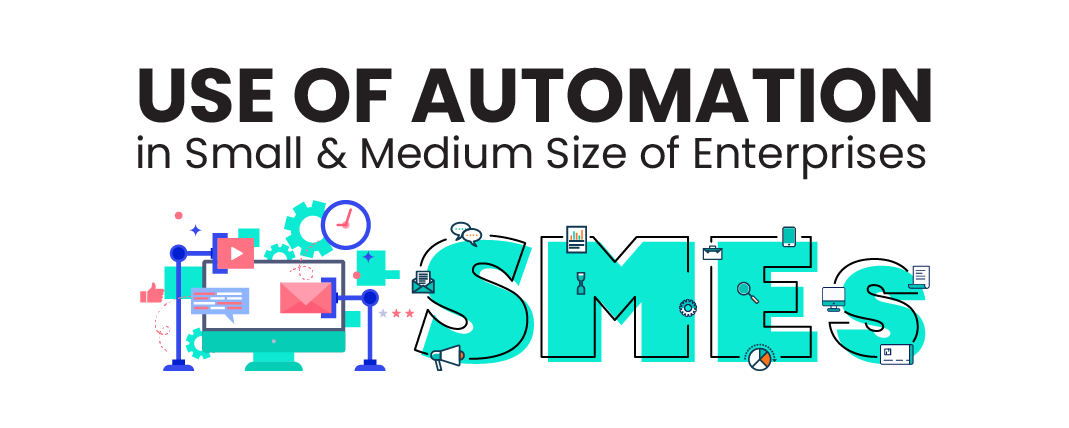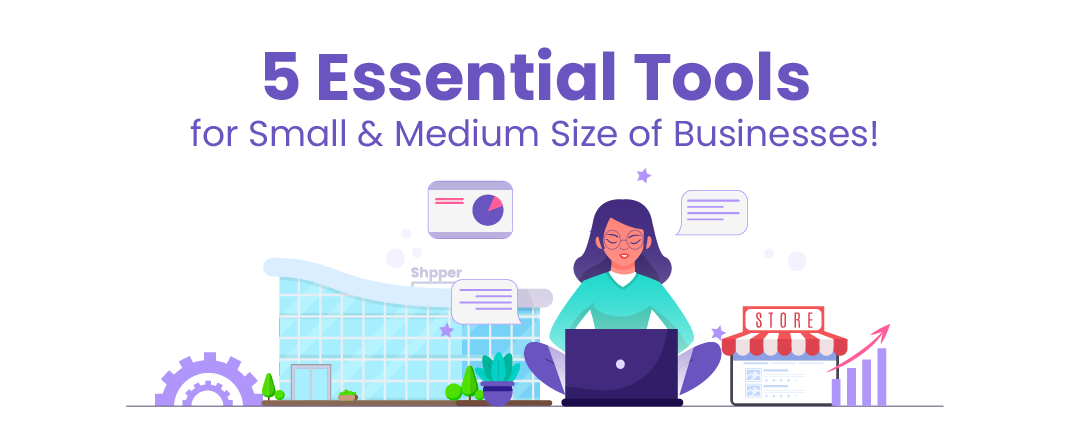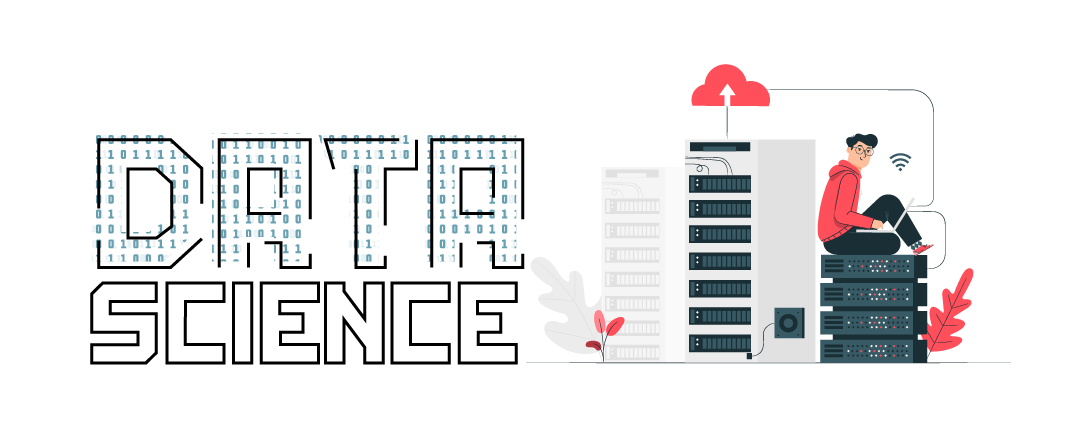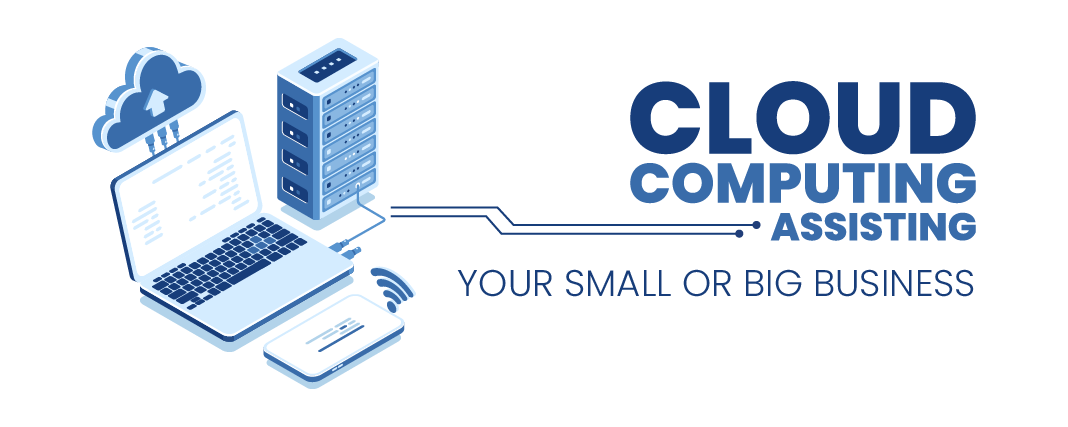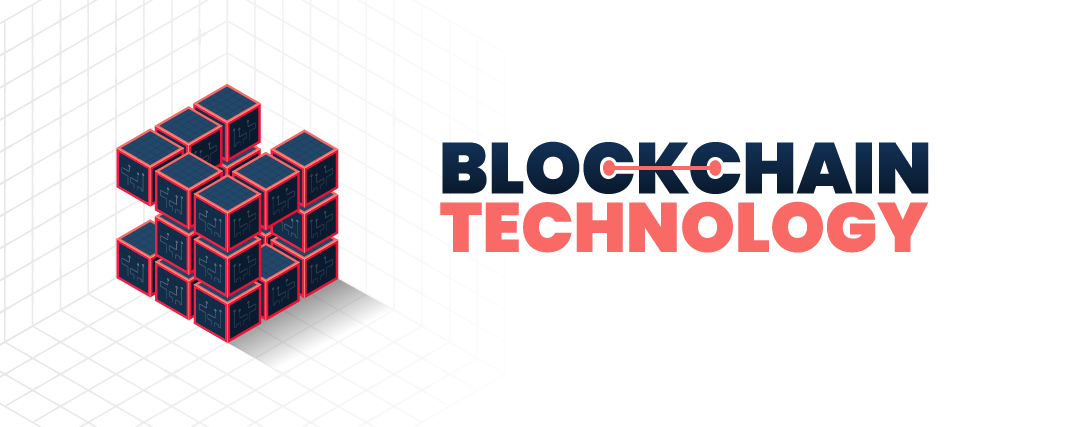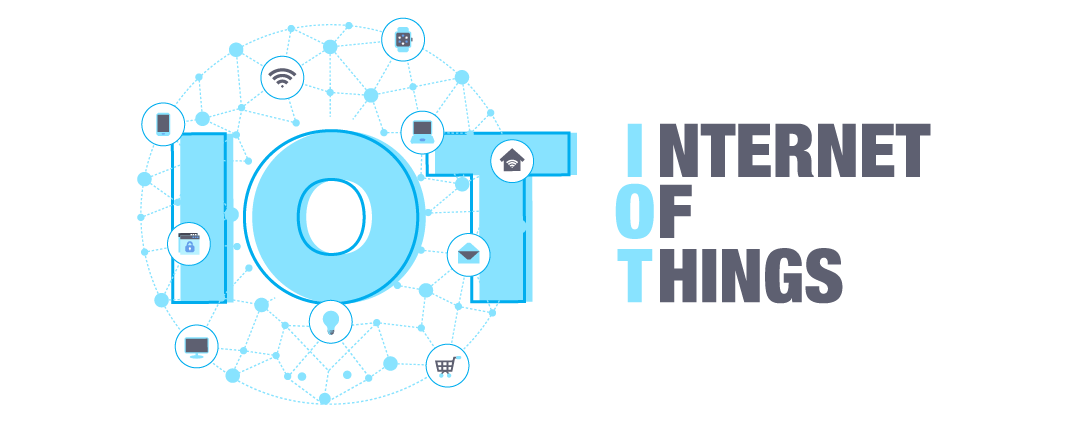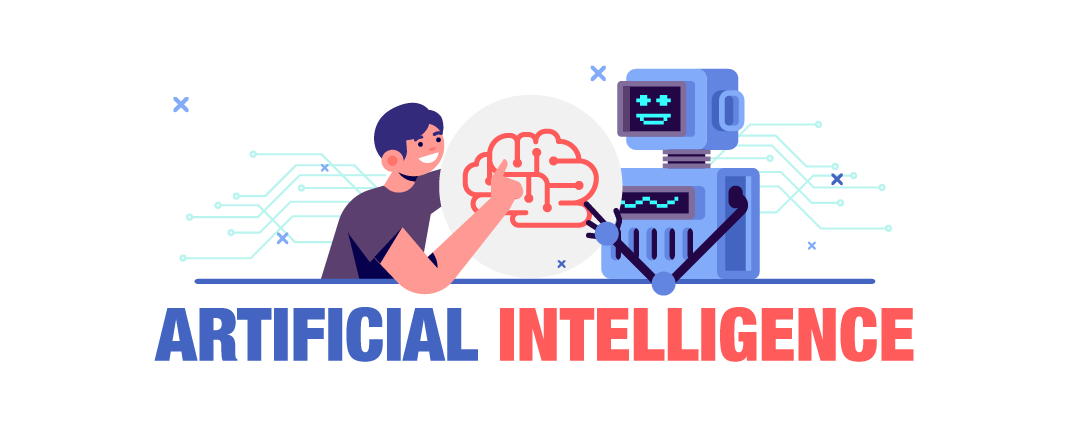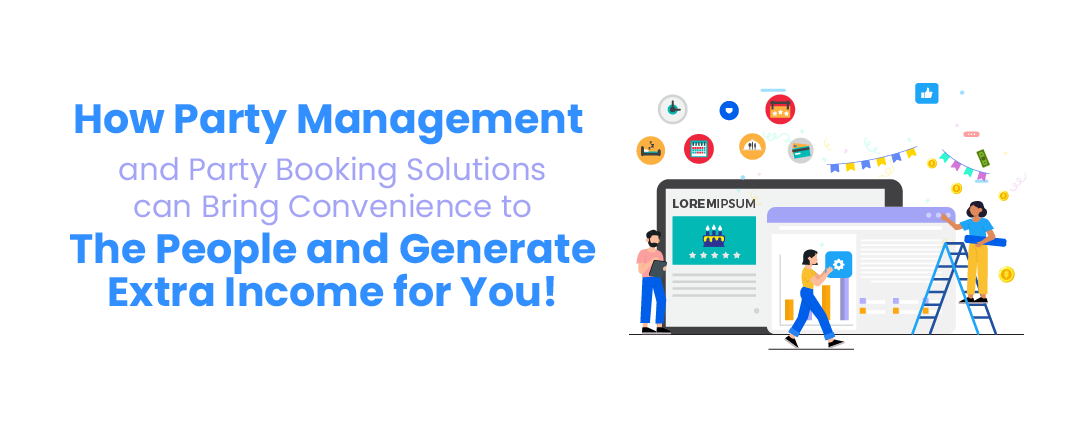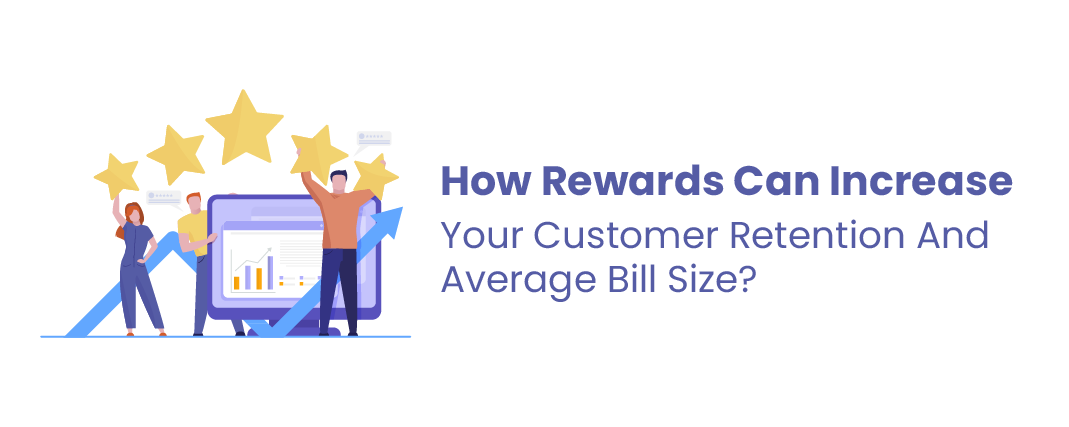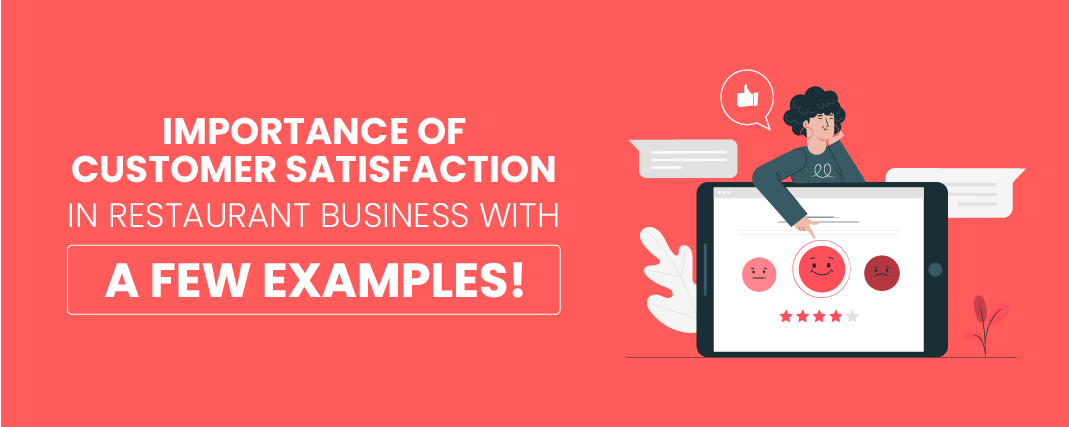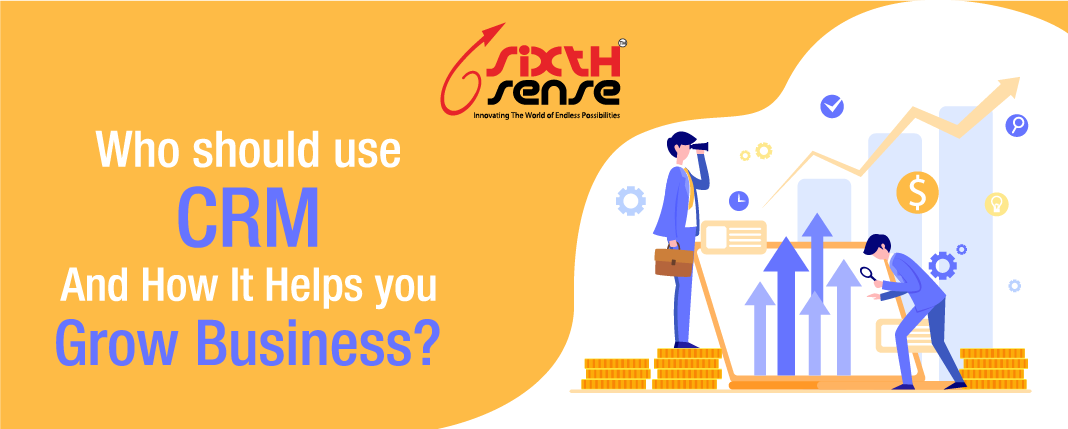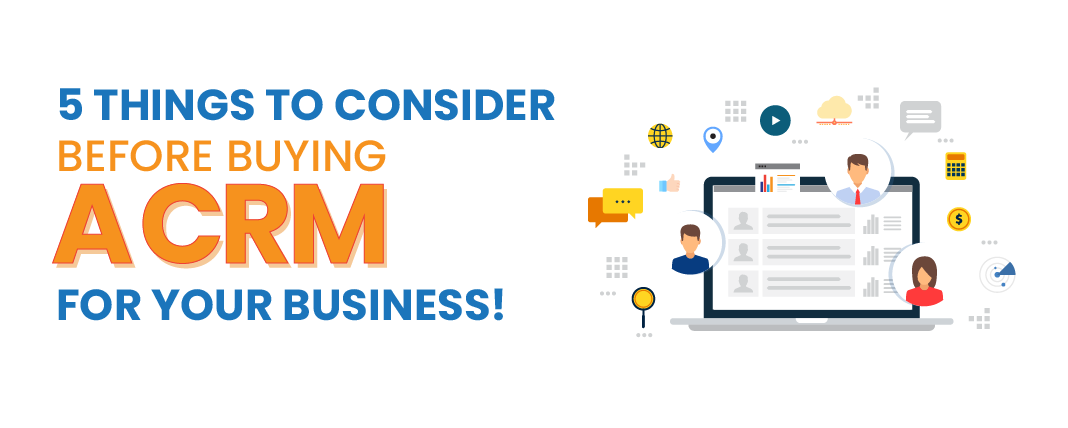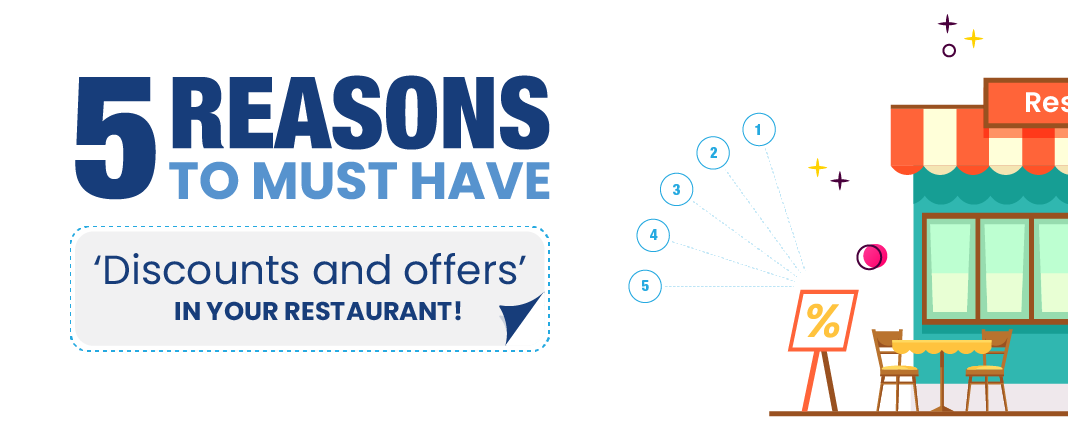
Personalization in CRM: How to Use Customer Data to Deliver a Seamless Experience
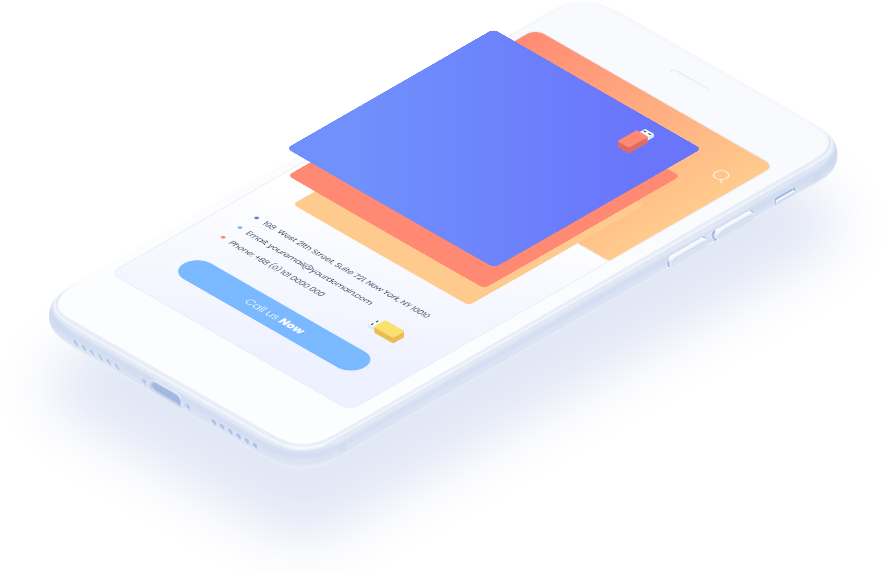
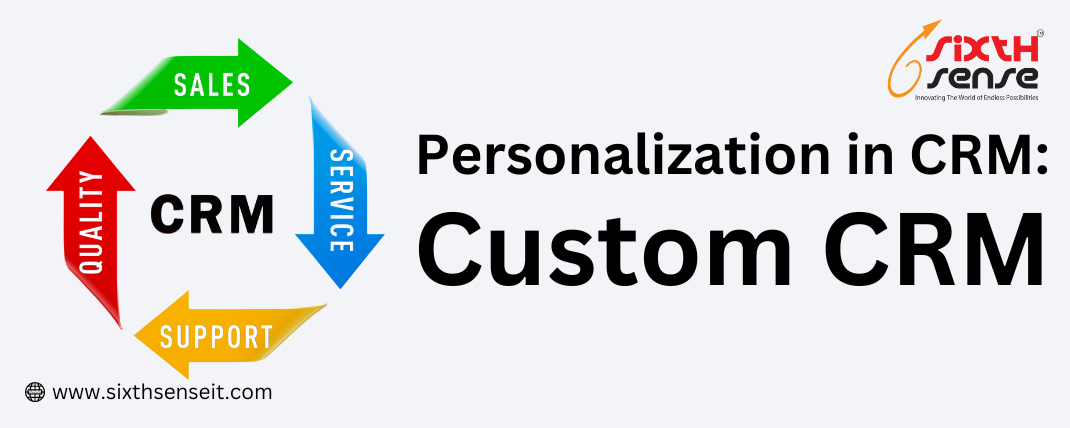
Customer experience, also known as CX, is the perception that customers have of a company and its products or services, based on their interactions with the company. It encompasses all aspects of a customer's interaction with a company, from pre-purchase research and decision-making, to the actual purchase, and post-purchase support and engagement. The customer experience is a holistic view of how a customer interacts with a company, and it encompasses more than just the product or service itself.
The customer experience is becoming increasingly important as companies compete to differentiate themselves in a crowded marketplace. Companies that can provide a positive and memorable customer experience are more likely to retain customers and attract new ones. A positive customer experience can lead to increased customer loyalty, repeat business, and positive word-of-mouth recommendations. Additionally, companies that focus on the customer experience can also benefit from cost savings, as it can lead to reduced customer churn and the need for less expensive acquisition activities.
To create a positive customer experience, companies must understand their customers' needs, preferences and pain points, and design their products, services, and interactions accordingly. This includes looking at the customer journey, and identifying the key touchpoints where customers interact with the company, and identifying opportunities to improve the customer experience at each touchpoint. Additionally, companies must also ensure that they are able to effectively manage customer interactions and provide timely and appropriate support and assistance when needed.
Customer Relationship Management (CRM) is a strategy and a set of practices, technologies, and tools that businesses use to manage their interactions and relationships with customers. The goal of CRM is to improve business relationships with customers, increase customer retention and loyalty, and drive sales growth. CRM involves capturing and analyzing data from various customer touchpoints, such as website interactions, phone calls, emails, and in-person interactions, to gain a deeper understanding of customers and their needs.
CRM systems are designed to centralize customer data, and make it accessible to different departments within a company, such as sales, marketing, and customer service. This allows different teams to have a single source of truth about customer interactions and history. CRM software typically includes contact management, sales management, marketing automation, and customer service and support features. Contact management allows businesses to store and organize information about their customers, such as contact information, purchase history, and communication history. Sales management features help businesses to track leads, opportunities, and manage the sales pipeline. Marketing automation features enable businesses to execute and track marketing campaigns, and customer service and support features help businesses to manage customer inquiries and support requests.
Overall, CRM helps businesses to improve customer engagement and retention, streamline internal processes, and make data-driven decisions, by providing a complete view of the customer across all channels, from pre-sales to after-sales interactions.
Personalized CRM, or personalization in CRM, is a strategy and set of practices that businesses use to tailor their interactions and communication with customers based on their individual preferences and needs. Personalization in CRM is achieved by using customer data and insights to deliver a more relevant and personalized experience for each customer.
Personalized CRM involves using customer data to create detailed customer profiles, which can be used to personalize interactions, communication and offers. For example, using purchase history, browsing behavior, and demographics, businesses can segment customers into different groups and tailor their communication and offers accordingly. This can include targeted marketing campaigns, personalized product recommendations, and tailored customer service and support.
Personalized CRM also involves using data to personalize the customer journey. Businesses can use data to understand how customers interact with their brand, and identify where in the customer journey they can improve the experience. This can include personalizing the website and mobile app experience, creating personalized onboarding experiences, and providing personalized customer service.
In summary, Personalized CRM allows businesses to deliver a more relevant and effective experience to customers by using customer data to understand customer preferences and needs, and tailor interactions and communication accordingly. This can lead to increased customer satisfaction, loyalty and ultimately drive sales growth.
There are several reasons why businesses need personalized CRM:
Personalized CRM allows businesses to deliver a more relevant and effective experience to customers. This can lead to increased customer satisfaction and loyalty, which can ultimately drive sales growth.
Personalized CRM helps businesses to understand customer preferences and needs, and tailor interactions and communication accordingly. This can lead to improved customer retention, as customers are more likely to remain loyal to a company that they feel understands and values them.
Personalized CRM allows businesses to streamline internal processes, by using customer data to automate and optimize interactions and communication. This can lead to increased efficiency and cost savings.
Personalized CRM provides businesses with a complete view of the customer across all channels, from pre-sales to after-sales interactions. This allows businesses to make data-driven decisions, which can lead to better business outcomes.
Personalization can also lead to increased revenue, by offering targeted and relevant offers, upselling and cross-selling, and also by reducing customer churn.
Personalization is becoming increasingly important as companies compete to differentiate themselves in a crowded marketplace. Companies that can provide a personalized experience are more likely to retain customers and attract new ones, giving them a competitive advantage.
Overall, Personalized CRM allows businesses to deliver a more relevant and effective experience to customers, which can lead to increased customer satisfaction, retention, efficiency, revenue and a competitive advantage.
CRM helps to deliver a seamless experience using customer data in several ways:
Centralized customer data: CRM systems centralize customer data, making it accessible to different departments within a company, such as sales, marketing, and customer service. This allows different teams to have a single source of truth about customer interactions and history, which helps to ensure a consistent and seamless experience for the customer across all touchpoints.
CRM systems allow businesses to use customer data to create detailed customer profiles, which can be used to personalize interactions, communication and offers. This allows businesses to deliver a more relevant and personalized experience for each customer, which can lead to increased customer satisfaction and loyalty.
CRM systems can automate repetitive and time-consuming tasks, such as lead nurturing, email marketing, and customer service. This allows businesses to focus on more important tasks, such as providing a high-quality customer experience.
CRM systems allow businesses to manage customer inquiries and support requests in a more efficient and effective way. By providing customer service teams with a complete view of the customer, including purchase history, communication history, and support requests, CRM systems can help to resolve issues quickly and effectively, which can lead to improved customer satisfaction.
CRM systems provide real-time insights into customer behavior and interactions, which allows businesses to respond quickly to changing customer needs and preferences. This can help to ensure a seamless experience for the customer.
Overall, CRM systems help businesses to deliver a seamless experience using customer data by centralizing customer data, personalizing interactions, automating repetitive tasks, improving customer service, and providing real-time insights.
Customer Relationship Management (CRM) is a crucial aspect of any business, as it helps companies understand and manage their interactions with customers. With the rise of digital technologies and the abundance of data available, personalization has become an essential part of CRM. Personalization allows companies to tailor their interactions with customers based on their individual needs and preferences, resulting in a more seamless and satisfying experience for the customer.
Personalization in CRM can be achieved through the use of customer data. Customer data can be collected through various channels such as website interactions, social media, email, and customer service interactions. This data can then be analyzed and used to create a detailed profile of each customer, including their preferences, behaviors, and purchase history.
One of the key benefits of personalization in CRM is the ability to provide relevant and timely offers and recommendations to customers. For example, a customer who frequently purchases running shoes may be interested in receiving information about upcoming sales or new products related to running. Similarly, a customer who has previously shown interest in a particular product category may be more likely to respond positively to a targeted promotion or offer.
Personalization can also be used to improve the overall customer experience by providing more efficient and personalized customer service. For example, using customer data to understand the specific needs and preferences of a customer can help customer service representatives provide more accurate and relevant information and support.
Another important aspect of personalization in CRM is the ability to segment customers based on their behaviors and preferences. Segmentation allows companies to group customers based on shared characteristics, such as demographics, purchase history, and engagement level. This allows companies to tailor their marketing and customer service efforts to specific groups of customers, resulting in a more efficient and effective use of resources.
To implement personalization in CRM, companies must first establish a solid data collection and management strategy. This includes identifying which data points are most important to the business, and how that data will be collected, stored, and analyzed. It is also important to consider data privacy and security, as customers may be hesitant to share personal information if they do not trust a company to protect it.
Once data collection and management is in place, companies can begin to use this data to personalize their interactions with customers. This can include targeted marketing and promotions, personalized customer service, and segmentation for more efficient use of resources.
However, it is important to note that personalization should not be taken to an extreme, as it may come across as creepy or invasive. Companies should always be mindful of customers' privacy and preferences, and only use data for legitimate and ethical purposes.
In conclusion, personalization in CRM is essential for providing a seamless and satisfying customer experience. By using customer data to understand individual needs and preferences, companies can tailor their interactions with customers, resulting in more relevant and timely offers and recommendations, as well as improved customer service. However, companies must also be mindful of data privacy and security, and use personalization in an ethical and respectful manner.




